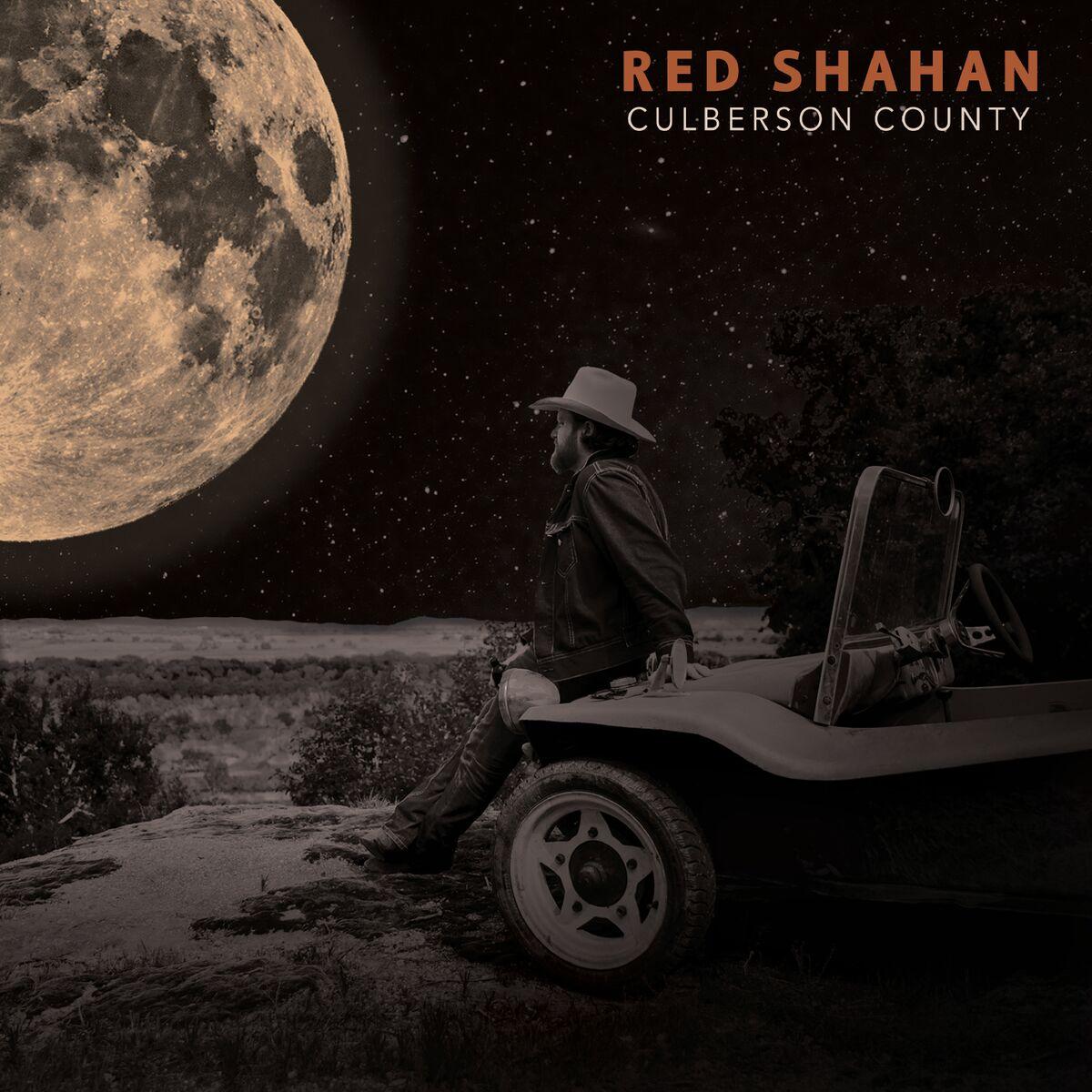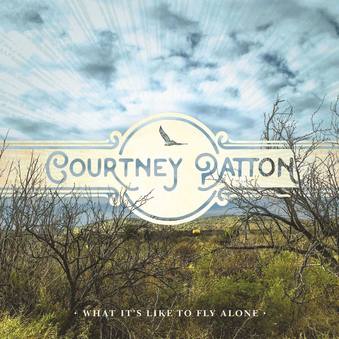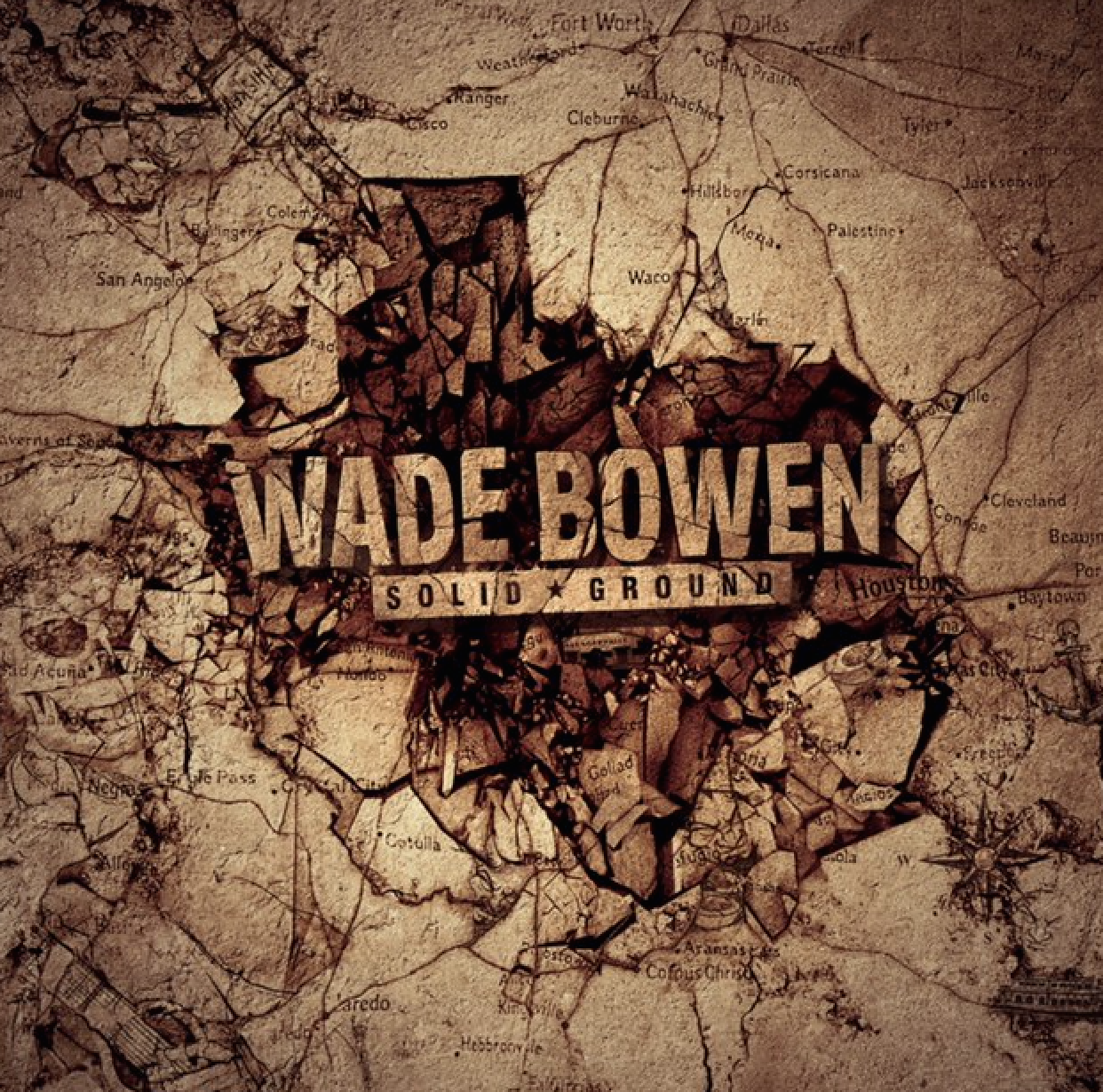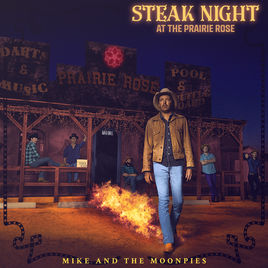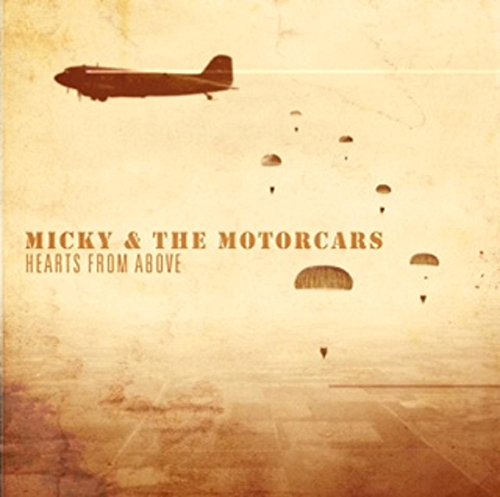Rating: 8/10
As was ironically just mentioned on this platform a few days ago, I was blessed with the opportunity in college to sing in a traveling band. This came up in a recent post because the director was Vince Gill’s guitar teacher–but he was also the youngest member of Bob Wills’ Texas Playboys, and if you talked to the man for more than five minutes, he’d surely tell you about it. He considered it his finest accomplishment, and we all had to learn some Bob Wills songs in our time because he used his connections to take us out to the Texas panhandle every year to a little town called Turkey, the hometown of Wills where we performed in a dance hall with a crumbling old stage that the Texas Playboys had played on in their day.
The Turkey, Texas, trip was one we all dreaded. For a weekend, we would be cut off from society, seemingly suspended in 1927. We were isolated from everything, and the stillness was jarring. You didn’t even here cars on the street in that town, just coyotes and church bells. Cell reception was nonexistent; you told your family where you were going and didn’t contact them again for 48 hours, until you got back across the Oklahoma border to civilization. I can still remember the horrified reaction of a friend from Rhode Island, already having enough of a culture shock from her move to our little college town of Chickasha, Oklahoma, when she realized her phone wouldn’t work in West Texas at all. It seemed like an ugly, desolate place hopelessly trapped inside the past, and with nothing to do one afternoon, either in the town or on our devices, we all sat on the porch of the dilapidated Turkey Hotel and bonded, making up a horror story we dubbed the “Turkey Texas Tragedy,” detailing how and in which order each of us would be murdered out here in this godforsaken wilderness.
Who would be inspired by such a place to make a record? And yet, it’s the desolation and emptiness of West Texas that Red Shahan chooses to bring to life here on this album, and not only that, he manages to capture the beauty in the place as well. You hear a song like the title track, named for a county in West Texas with a population barely over 2,000, and you understand why Shahan calls for us to “keep the lonely places lonely” and away from “anyone who doesn’t understand.” Even if you’re not from West Texas, it’s a relatable sentiment, as highways replace back roads, and rural communities grow into towns. The wide open spaces in our country and the world are becoming extinct, and Red Shahan laments this with a heartbreak that comes to life with the grit in his voice and will be relatable to many. “How They Lie” also captures this, as he sings of people losing their land to the government, being lied to about their intentions to take everything for which these people have worked so hard.
But more than the lyrics, it’s the sound that paints a picture of the isolated corners of West Texas and beyond. It’s the reverb that’s used to wonderful effect throughout this album to create an ever-present echo, as if this whole record were made in a canyon under the endless Texas sky. It’s the reverb throughout it all which sets the mood and serves as the backdrop, but the sonic influences are varied. We have rockers like the excellent openers “Waterbill” and “Enemy,” serving to kick off this album in fine fashion. “Waterbill” is the best opener I’ve heard so far this year, and with a line like “you ain’t livin’ unless you’re livin’ life broke,” it’s impossible not to enjoy this. “Enemy” goes for a darker, heavier atmosphere, an appropriate choice since this song deals with the dark side of small-town life–interesting to note that both red shahan and Ashley McBryde have just released songs referencing meth, an occurrence which has been surprisingly rare in the country genre given its prevalence in rural communities like this. And speaking of country, if you thought this album was purely a rock effort, take a listen to “Roses” and “How They Lie,” each blending country elements with that spacey rock production to create something exciting and forward-thinking. The title track does an excellent job of blending acoustic and electric guitar in a way that is becoming a signature sound for Red Shahan. I’d also argue that even when the sound leans heavily toward the rock end of the spectrum, much of this is more concerned with its lyrical content than most rock music, a characteristic certainly common to the country genre. Then, when you thought you had Red Shahan completely figured out sonically, he throws “Try” in at the end and displays a bluesy, soulful influence. Meanwhile, through all this, there’s that desolate, empty, West Texas backdrop behind everything to perfectly encapsulate the sound of that region.
While my criticisms for this album are few and far between, I will say that the lyrics are certainly weak in places. “6 Feet” sounds very cool, but it’s just not developed enough lyrically to really stand out. And “Revolution” is admittedly a really fun track, one you probably shouldn’t try to decipher beyond the surface anyway, but it’s hard not to point out it ultimately says nothing lyrically, especially when you understand that Red Shahan gave us songs like “Waterbill” and “Someone Someday,” both of which are lively and upbeat but which contain smart, substantive songwriting as well. Shahan can also sound a bit flat vocally at times, but after hearing the raw power with which he navigates and slays “Try,” I think that’s more of a style thing than a vocal issue. For example, the chorus of “Culberson County” is really flat in places, but this also serves to add dissonance and speak to the harsh beauty of the land.
This album just gets better and better with every listen. There’s something here for everyone, from the more country-sounding stuff like “Roses” to the intense rock of “Enemy” and everything in between. It’s raw and gritty in its sound and sometimes harsh in its message, a reflection of the place and people which inspired this record. Maybe we can’t agree on whether Kacey Musgraves or Ashley McBryde gave us the better mainstream album Friday, but we should all be able to come together in agreement of the fact that Red Shahan is a badass, and that this is a great, genre-bending, forward-thinking record. Don’t let it be one you overlook.
